Why I Decided on Shoulder Surgery in Mexico

Considering shoulder surgery is a significant step toward improving your quality of life, especially if you're dealing with persistent pain or limited mobility. For many, seeking medical care abroad, particularly in Mexico, has become an appealing option due to potential cost savings and access to high-quality facilities. However, venturing into medical tourism for a procedure like shoulder surgery comes with its own set of considerations. You want to be as informed as possible before making such a crucial decision.
This guide will explore the essential aspects of getting shoulder surgery in Mexico. We'll dive into important questions that people often have, from understanding the actual costs and ensuring safety to preparing for your recovery and choosing the right medical team. Our aim is to provide you with clear, practical insights, giving you the knowledge you'd want to have before starting your shoulder surgery journey in Mexico. By covering these key areas, you can approach your procedure with confidence and a clear understanding of what to expect every step of the way.
What is the average shoulder surgery cost in Mexico?
The cost of shoulder surgery is often a major factor for those considering Mexico for medical procedures. While prices can vary based on the specific type of surgery (e.g., rotator cuff repair, shoulder replacement, arthroscopy), the clinic, the surgeon's expertise, and the inclusions in a package, the general range for major shoulder procedures is between $7,000 and $15,000 USD. This is substantially less than in the United States, where similar surgeries can cost anywhere from $20,000 to $50,000 USD.
Many Mexican hospitals and clinics offer all-inclusive packages designed to provide transparency and cover most of the necessary expenses. These packages frequently include:
- Surgeon's fees
- Anesthesia costs
- Hospital stay
- Implant costs (if applicable, such as for shoulder replacement)
- Pre-operative diagnostic tests (e.g., X-rays, lab work)
- Post-operative medications administered during the hospital stay
- Initial physical therapy sessions
- Sometimes, even local transportation and accommodation assistance.
Always ask for a detailed breakdown of what's included and excluded in any package. Understanding these specifics helps prevent unexpected costs and ensures you have a clear financial picture before your travel.
Is shoulder surgery in Mexico safe?
The safety of medical procedures in a foreign country is a primary concern for any patient. Mexico has made significant advancements in its healthcare infrastructure, with many modern hospitals, particularly in major cities, offering world-class medical care. A key indicator of safety and quality is international accreditation, such as that provided by the Joint Commission International (JCI). Hospitals with JCI accreditation adhere to strict international standards for patient safety and quality of care, comparable to top facilities in the United States.
Beyond the facility, the surgeon's qualifications are crucial. Look for orthopedic surgeons who are board-certified by recognized medical bodies, have extensive experience in the specific shoulder procedure you need, and ideally, have received training in internationally renowned institutions. Reputable clinics will be transparent about their surgeons' credentials, experience, and patient outcomes. Patient testimonials and online reviews can also offer valuable insights into the quality and safety experienced by previous international patients.
How long should I plan to stay in Mexico for shoulder surgery?
The duration of your stay in Mexico for shoulder surgery depends on the complexity of your procedure and your individual recovery progress. For many common shoulder surgeries like rotator cuff repair or arthroscopy, patients are generally advised to plan for a stay of about 1 to 2 weeks. This period usually includes:
- Pre-operative consultations: Initial assessments, diagnostic tests, and final preparation meetings with your surgeon.
- Hospital stay: Typically 1 to 2 days immediately after surgery for close monitoring and pain management.
- Initial recovery and physical therapy: The remaining days are crucial for early rehabilitation, wound care, and follow-up appointments with your surgeon and physical therapist. This ensures you regain some initial mobility and your incision is healing well before long-distance travel.
For more complex procedures, such as shoulder replacement, a slightly longer stay might be recommended. Always discuss the expected length of your stay with your surgeon and clinic coordinator well in advance to arrange your travel and accommodation accordingly.
What pre-operative tests and preparations are required before traveling to Mexico?
To ensure a safe and effective shoulder surgery, clinics in Mexico will require a thorough pre-operative assessment. You will typically need to provide your complete medical history, a list of all current medications, and any previous relevant diagnostic images. Common pre-operative tests and preparations include:
- Physical Examination: A general check-up to assess your overall health.
- Laboratory Tests: This includes blood work (complete blood count, coagulation profile, kidney and liver function tests) and urinalysis to check for infections or other conditions.
- Imaging Studies: X-rays of your shoulder are standard. An MRI (Magnetic Resonance Imaging) is often crucial for diagnosing soft tissue injuries like rotator cuff tears, while a CT scan might be used for bone issues or complex fractures.
- Cardiac Evaluation: An electrocardiogram (ECG) and potentially further heart assessments to ensure you are healthy enough for anesthesia and surgery.
- Medication Review: You may be asked to stop certain medications, such as blood thinners, a week or two before surgery.
It's important to send all requested medical documents to the clinic well in advance and be fully transparent about your health status. Many clinics offer virtual consultations to review your case and ensure all necessary information is gathered before your travel.
What are the potential hidden costs I should be aware of for shoulder surgery in Mexico?
While Mexico offers significant cost savings, it's essential to understand the full financial picture beyond the quoted surgical package. Hidden costs can sometimes arise if you're not fully aware of the inclusions and exclusions. Be mindful of the following:
- Additional Physical Therapy: While initial physical therapy sessions are often included, extensive or prolonged rehabilitation beyond the package may incur extra fees. Clarify the number of sessions covered.
- Post-Discharge Medications: Prescriptions for pain relief, antibiotics, or other necessary medications once you leave the hospital might not be fully covered by the surgical package.
- Extended Accommodation: If your recovery takes longer than expected, or if you simply choose to extend your stay for more rehabilitation, additional hotel or recovery house costs will apply.
- Companion Travel Expenses: If a family member or friend accompanies you, their flights, accommodation, meals, and local transportation are separate costs.
- Complications: Although rare, unforeseen surgical complications could lead to additional medical costs that may not be covered by the initial package. Discuss the clinic's policy regarding complications.
- Translator Services: While many clinics have bilingual staff, if you prefer or require a personal translator for all interactions, this might be an additional expense.
- Medical Travel Insurance: This type of insurance is highly recommended to cover potential complications or travel interruptions, but it is an extra cost not typically included in surgical packages.
- Personal Expenses: Daily expenses like food outside the recovery facility, sightseeing (if your condition allows), and souvenirs.
Always request a comprehensive, itemized quote and ask direct questions about any potential extra charges to ensure complete transparency.
How is the quality of shoulder implants in Mexico compared to other countries?
For shoulder replacement surgery, the quality of the implant is a crucial factor for long-term success. You'll be pleased to know that many well-regarded medical facilities in Mexico, especially those catering to international patients, use shoulder implants from the same leading global manufacturers that supply hospitals in the United States, Canada, and Europe. These implants undergo rigorous testing and meet international standards for safety and efficacy.
When selecting a clinic and surgeon, it is important to inquire about the specific brand and type of shoulder implant they plan to use. Don't hesitate to ask about the materials, the expected lifespan of the implant, and any warranties or guarantees associated with it. Reputable providers will be transparent about their implant choices and happy to provide detailed information, ensuring you receive a high-quality product that meets your needs.
What is the recovery process like immediately after shoulder surgery in Mexico?
The immediate recovery period after shoulder surgery in Mexico mirrors the protocols in other developed countries. The primary goals are effective pain control, diligent wound care, and carefully controlled early movement to prevent stiffness and promote healing. Here's what you can generally expect:
- Pain Management: You will receive medication to manage post-operative pain. This may involve oral pain relievers, nerve blocks, or other methods to keep you comfortable.
- Sling Immobilization: Your arm will likely be placed in a sling or immobilizer immediately after surgery to protect the surgical repair and limit movement. The duration of sling use varies depending on the type of surgery but can range from a few days to several weeks.
- Wound Care: The surgical site will be cleaned, dressed, and monitored for any signs of infection, such as redness, swelling, or unusual discharge.
- Early Mobilization/Physical Therapy: Even with a sling, gentle exercises for your hand, wrist, and elbow will often begin on the first day to maintain circulation and prevent stiffness in other joints. Formal physical therapy for the shoulder, focusing on passive range of motion, usually starts within a few days to a week, guided by your surgeon and therapist.
- Hospital Stay: As mentioned, a typical hospital stay is 1 to 2 days, where medical staff will closely monitor your condition before you transition to a recovery facility or hotel.
Strictly following your medical team's instructions for pain management, sling use, and early exercises is crucial for a positive outcome and to minimize complications.
How long does physical therapy last after shoulder surgery, and can I continue it back home?
Physical therapy is arguably the most vital part of your shoulder surgery recovery. While you'll begin initial therapy sessions in Mexico during your stay, the full rehabilitation process is a long-term commitment, often lasting anywhere from 3 to 12 months, depending on the type and severity of your surgery. It’s a phased approach, starting with protecting the repair and gradually progressing to regaining range of motion, strength, and full function.
Before you leave Mexico, your surgeon and physical therapist will provide you with a detailed, personalized rehabilitation protocol. This document is essential to share with your chosen physical therapist in your home country. Many clinics in Mexico are accustomed to coordinating care with international patients and may even offer virtual follow-up consultations to oversee your progress. It's highly recommended to identify and connect with a local physical therapist before your trip to ensure a seamless transition and continuous care upon your return home.
What are the risks associated with shoulder surgery?
Like any surgical procedure, shoulder surgery carries inherent risks, regardless of where it is performed. While surgeons and medical teams take every precaution to minimize these, it’s important to be aware of the potential complications:
- Infection: Can occur at the surgical site or deep within the joint. This may require antibiotics or, in rare cases, further surgery.
- Bleeding/Hematoma: Excessive bleeding during or after surgery, which might lead to a collection of blood (hematoma).
- Nerve Damage: Nerves near the shoulder joint can be irritated or, in rare instances, damaged, leading to numbness, weakness, or pain in the arm or hand.
- Stiffness (Adhesive Capsulitis/Frozen Shoulder): A common complication where the shoulder joint becomes stiff and painful, requiring intensive physical therapy or sometimes another procedure.
- Re-tear (for Rotator Cuff Repair): Despite successful initial repair, there's a risk of the tendon re-tearing, especially if post-operative instructions aren't followed.
- Implant Loosening/Failure (for Shoulder Replacement): Over time, artificial joint components can loosen or wear out, potentially requiring revision surgery.
- Anesthesia Complications: Adverse reactions to anesthesia are rare but can include respiratory or cardiac issues.
- Blood Clots: Formation of clots in the veins (DVT), with a small risk of traveling to the lungs (pulmonary embolism).
Your surgeon in Mexico will thoroughly discuss these risks with you, addressing any personal health factors that might increase your individual risk profile.
How do I choose a reputable hospital and surgeon for shoulder surgery in Mexico?
Selecting the right medical team is paramount for a successful shoulder surgery experience in Mexico. Here's a structured approach to choosing a reputable hospital and surgeon:
- International Accreditation: Look for hospitals that hold international accreditations, such as the Joint Commission International (JCI). This signals that the facility meets global benchmarks for quality and patient safety.
- Surgeon's Credentials and Experience:
- Board Certification: Confirm the surgeon is board-certified in orthopedic surgery by a recognized national or international body. This indicates a high level of training and expertise.
- Specialization and Volume: Choose a surgeon who specializes specifically in shoulder surgery and performs a high volume of the particular procedure you need (e.g., rotator cuff repair, shoulder replacement). High volume often correlates with better outcomes.
- Training and Affiliations: Inquire about their educational background, where they completed their residency and fellowship, and if they have any affiliations with international medical associations.
- Facility and Technology: Ensure the hospital has modern operating rooms, up-to-date diagnostic equipment, and appropriate post-operative care units.
- Bilingual Staff and Communication: Verify that the clinic has English-speaking staff (surgeons, nurses, patient coordinators) to ensure clear communication throughout your medical journey.
- Patient Reviews and Testimonials: Seek out reviews and testimonials from other international patients. Websites specializing in medical tourism often feature these, providing insights into patient experiences.
- Transparency and Communication: A reputable clinic will be transparent about costs, treatment plans, potential risks, and recovery expectations. They should be responsive to your questions and provide clear information.
Consider using a reputable medical tourism facilitator like PlacidWay. They often have established networks of vetted clinics and surgeons and can assist with the vetting process, travel arrangements, and communication.
What kind of support is available for international patients undergoing shoulder surgery in Mexico?
Recognizing the unique needs of patients traveling for medical procedures, many Mexican clinics that cater to international medical tourism have developed comprehensive support systems. These services aim to make the experience as smooth and stress-free as possible. Common types of support include:
- Dedicated Patient Coordinators: These professionals act as your main point of contact, assisting with scheduling appointments, managing paperwork, answering questions, and coordinating various aspects of your trip.
- Airport Pick-up and Drop-off: Many medical packages include transportation to and from the airport, removing the stress of navigating a new city upon arrival and departure.
- Accommodation Arrangements: Clinics often have partnerships with nearby hotels or dedicated recovery houses that offer comfortable and accessible lodging for patients and their companions. They can assist with booking these stays.
- Bilingual Staff: Access to English-speaking doctors, nurses, and administrative personnel is common, ensuring that language barriers do not hinder your understanding of your treatment or care instructions.
- Travel and Visa Assistance: While they won't typically obtain your visa for you, clinics can provide necessary documentation and guidance regarding travel requirements.
- Post-Operative Follow-up: Many offer virtual follow-up consultations with your surgeon once you've returned home, providing continued care and monitoring of your recovery.
- Local Guidance: Assistance with navigating local transportation, identifying pharmacies, and general advice about the area to make your stay comfortable.
Always inquire about the specific support services offered by the clinic you are considering to ensure they meet your needs.
Will my health insurance cover shoulder surgery in Mexico?
This is a crucial question that you must clarify directly with your health insurance provider before making any arrangements. In most cases, standard domestic health insurance plans in countries like the United States and Canada do not cover elective medical procedures, such as shoulder surgery, performed outside their borders. This is because these plans are typically designed for coverage within your home country's healthcare system.
However, there are a few exceptions and considerations:
- International Health Insurance: If you possess an international health insurance policy, it may include coverage for medical treatments received globally.
- Medical Travel Insurance: This specialized type of insurance does not usually cover the cost of the elective surgery itself. Instead, it is designed to cover unexpected medical emergencies or complications that might arise during your medical trip abroad, as well as travel-related issues like trip cancellation or interruption.
- Self-Pay Option: Many individuals choose to pay for shoulder surgery in Mexico out-of-pocket because the total cost, even including travel and accommodation, can be significantly less than their deductible or the overall price of the procedure in their home country.
It is strongly advised to contact your insurance company and obtain written confirmation of your coverage, or lack thereof, before committing to any medical travel plans.
What should I pack for my trip to Mexico for shoulder surgery?
Packing smart can greatly enhance your comfort and ease of recovery after shoulder surgery. Here’s a checklist of items to consider:
- Comfortable Clothing: Loose-fitting tops that are easy to pull over your head or, even better, have buttons or zippers in the front. Sweatpants or loose shorts are also good. Remember that one arm will be in a sling, making dressing challenging.
- Slip-on Shoes: Shoes that you don't need to bend down or use your hands much to put on.
- All Medications: Bring all your prescription medications in their original containers, along with copies of your prescriptions. Don't forget any over-the-counter medications you regularly use.
- Medical Records: A folder containing copies of your medical history, recent test results (X-rays, MRI reports), and any correspondence with your Mexican medical team.
- Personal Toiletries: Your preferred toiletries, including a comfortable pillow for travel or sleeping post-surgery.
- Entertainment: Books, an e-reader, tablet, headphones, or other items to keep you occupied during your hospital stay and recovery.
- Passport/ID and Travel Documents: Ensure these are secure and easily accessible.
- Chargers and Adapters: For all your electronic devices.
- Small Backpack or Crossbody Bag: For essentials you can carry with your non-surgical arm.
- Lightweight Scarf or Shawl: For comfort in air-conditioned environments or for modesty.
- Cash (small denominations): For tips, small purchases, or emergencies.
Pack as lightly as possible, keeping in mind that your mobility will be limited during your return journey.
What is the typical hospital stay duration after shoulder surgery in Mexico?
Following your shoulder surgery in Mexico, the initial hospital stay is generally brief, designed for immediate post-operative observation and pain management. For the majority of shoulder procedures, patients can expect to stay in the hospital for approximately 1 to 2 days. During this time, the medical staff will:
- Monitor your vital signs closely.
- Administer pain medication to keep you comfortable.
- Provide initial wound care and ensure the surgical site is clean and stable.
- Begin very early, gentle mobilization exercises for your hand and elbow, and potentially passive range of motion for your shoulder, depending on the surgeon's protocol.
Once your surgeon determines you are stable and safe for discharge, you will typically be moved to a pre-arranged recovery house or a nearby hotel. This allows you to continue your recovery in a more private and relaxed environment while still being close to the clinic for follow-up appointments and physical therapy sessions.
What kind of follow-up care can I expect after returning home from shoulder surgery?
The rehabilitation and follow-up care after you return to your home country are essential for maximizing the success of your shoulder surgery. Your recovery is a journey that continues long after you leave Mexico. Here’s what you can generally expect:
- Continued Physical Therapy: This is the most crucial component. You will work diligently with a local physical therapist to follow the specific rehabilitation protocol provided by your Mexican surgical team. This involves a phased approach to regaining range of motion, strength, and function.
- Local Doctor Appointments: Schedule follow-up visits with your family doctor or a local orthopedic specialist. They will monitor your overall health, check the healing of your incision, and address any concerns that may arise.
- Virtual Consultations: Many Mexican clinics offer virtual follow-up appointments with your surgeon. This allows them to check on your progress, answer questions, and provide ongoing guidance without you needing to travel back.
- Medication Management: Your local doctor will manage any necessary ongoing pain medication or other prescriptions you may need during your recovery.
- Monitoring for Complications: Be vigilant for any signs of complications, such as increased pain, fever, excessive swelling, redness, or discharge from the surgical site. Report these immediately to your local healthcare provider.
Ensure that your local healthcare team has all the necessary information about your surgery from your Mexican providers to ensure seamless and coordinated care.
Ready to explore options for your medical journey? Visit PlacidWay to connect with leading healthcare providers and find the best solutions for your needs.


.png)
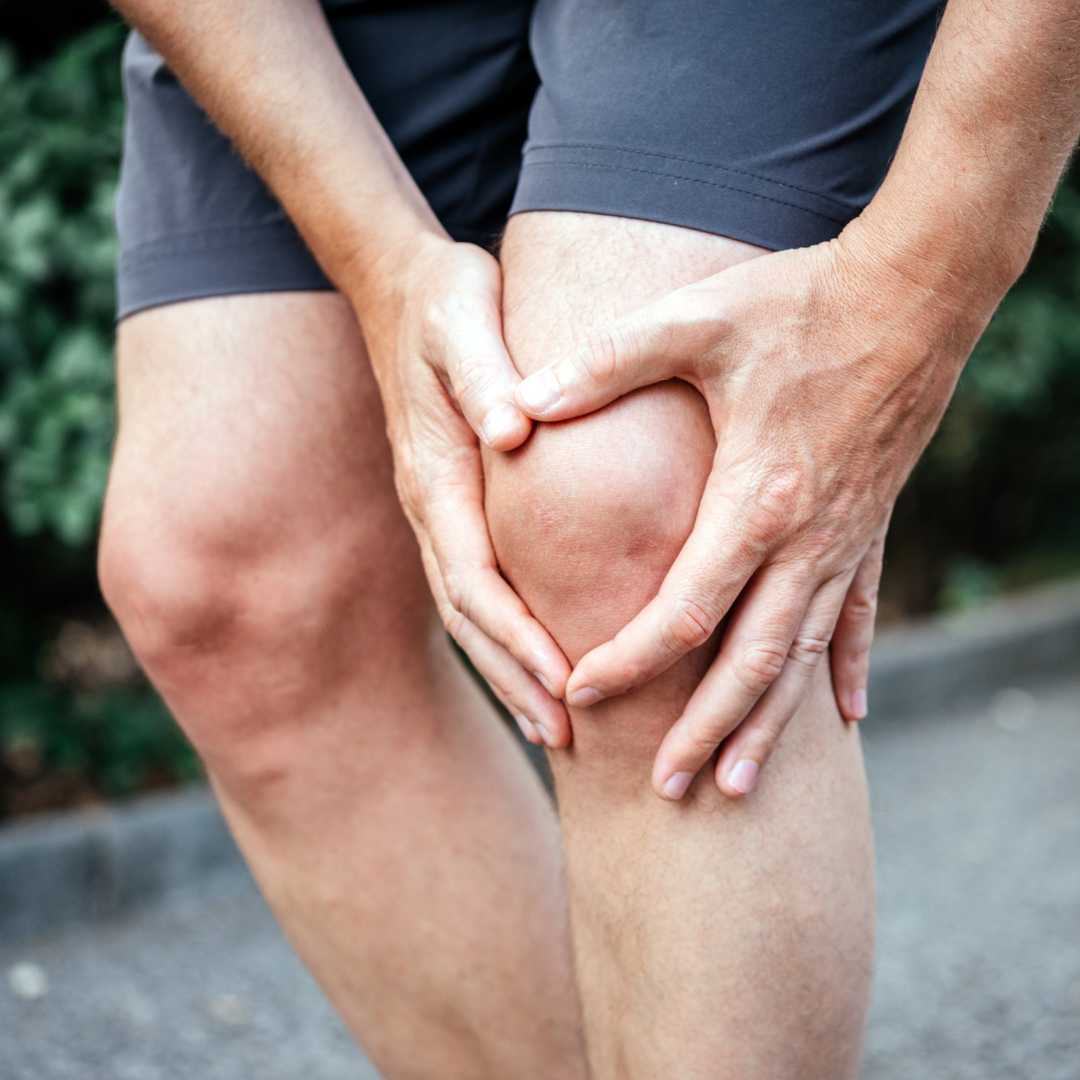
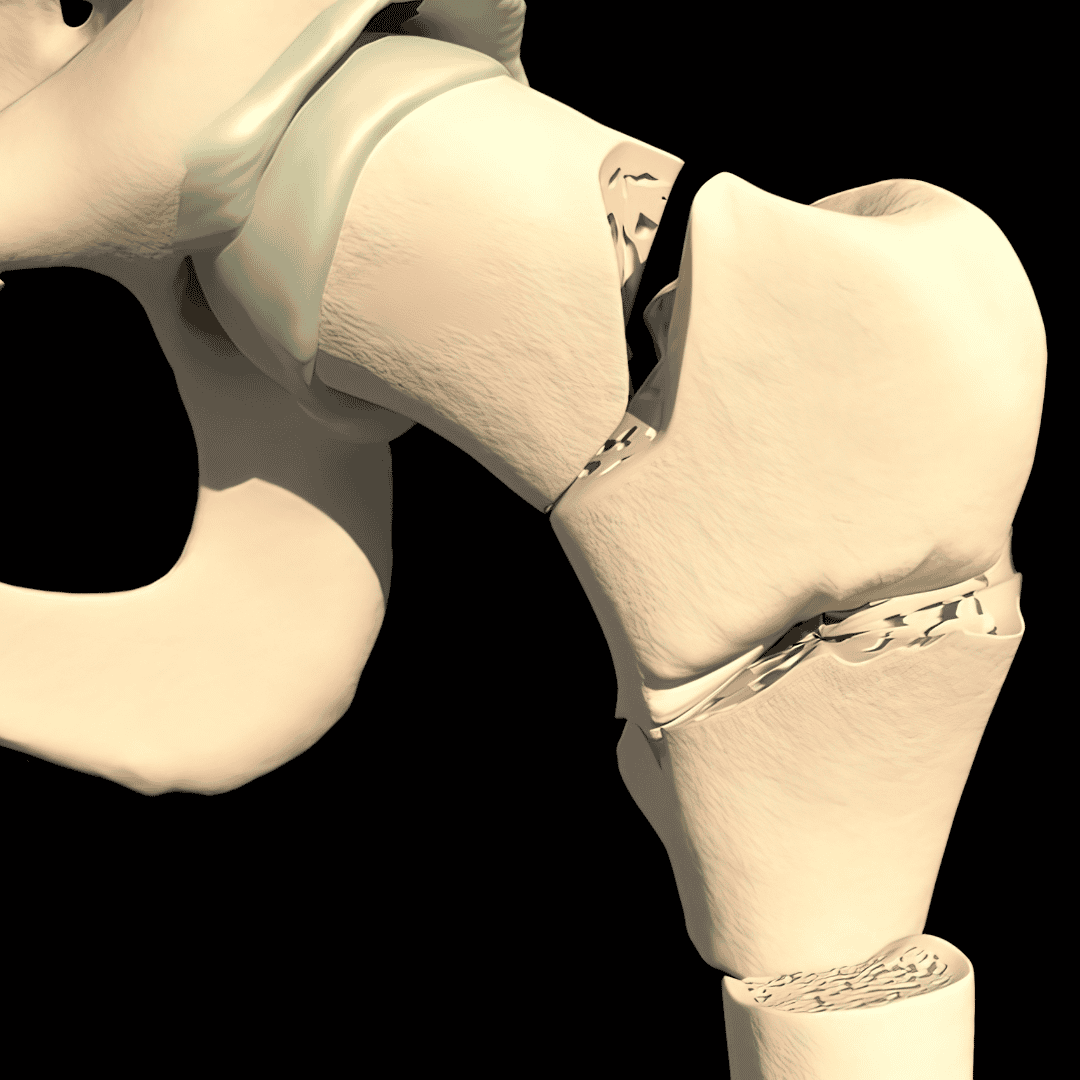



.png)
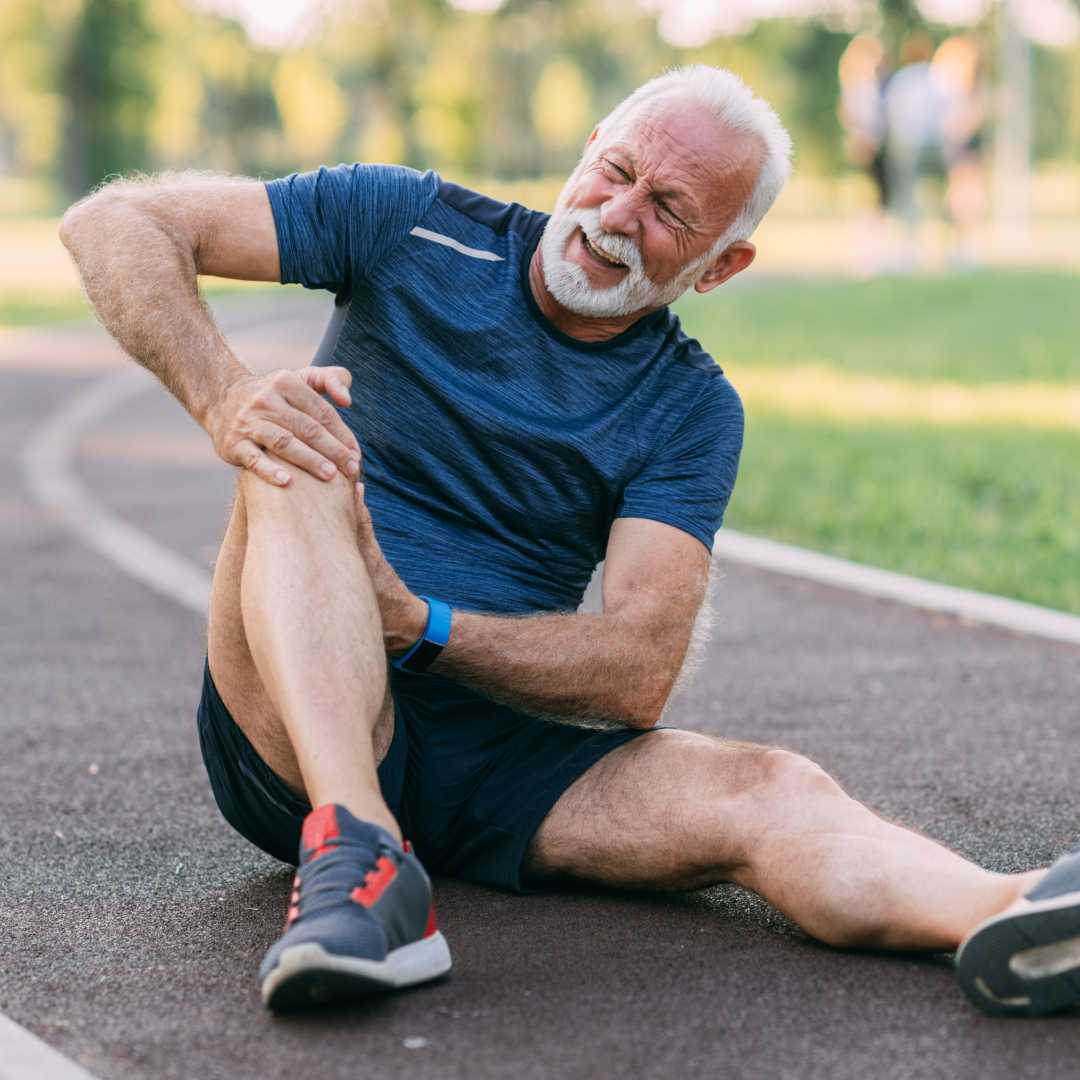
.png)
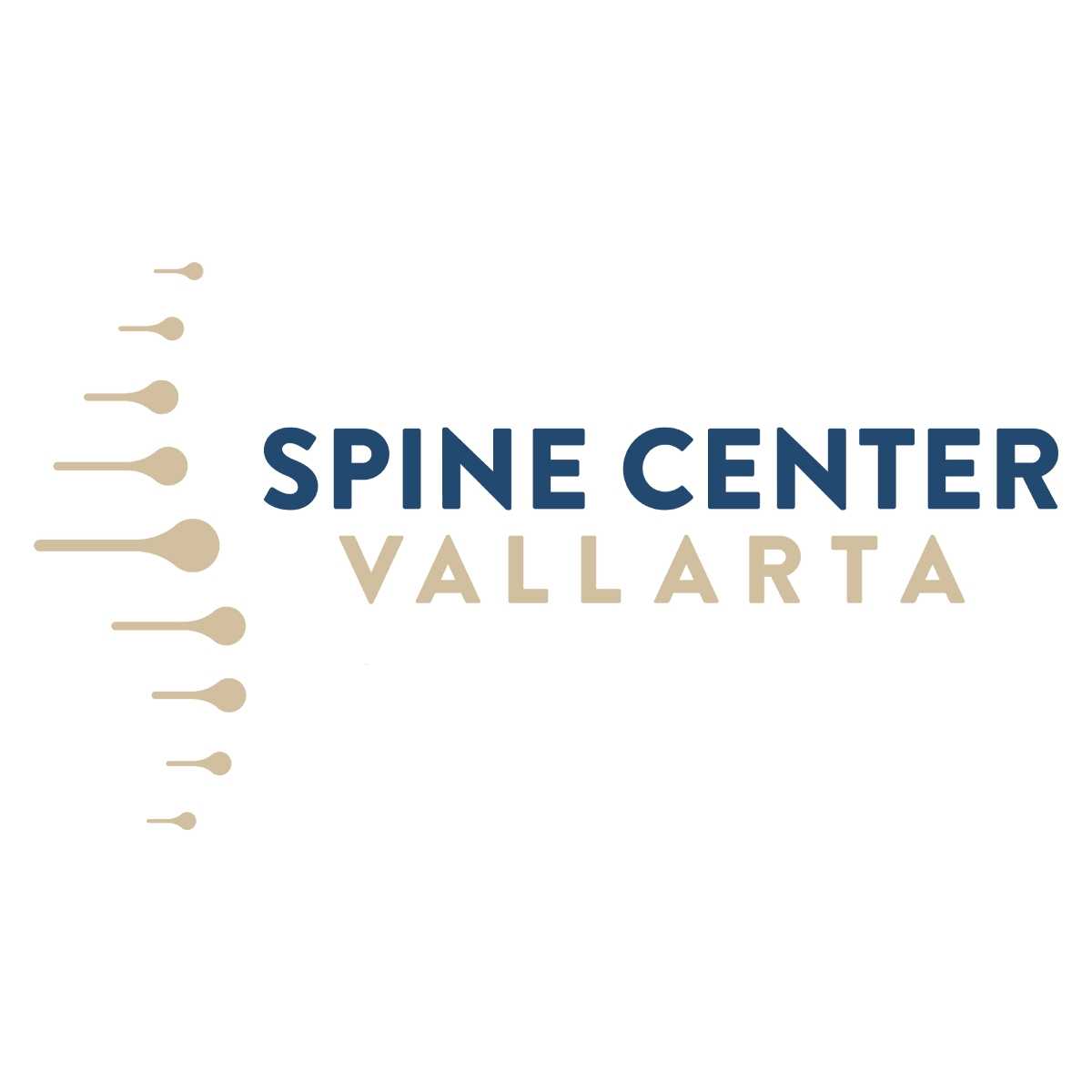
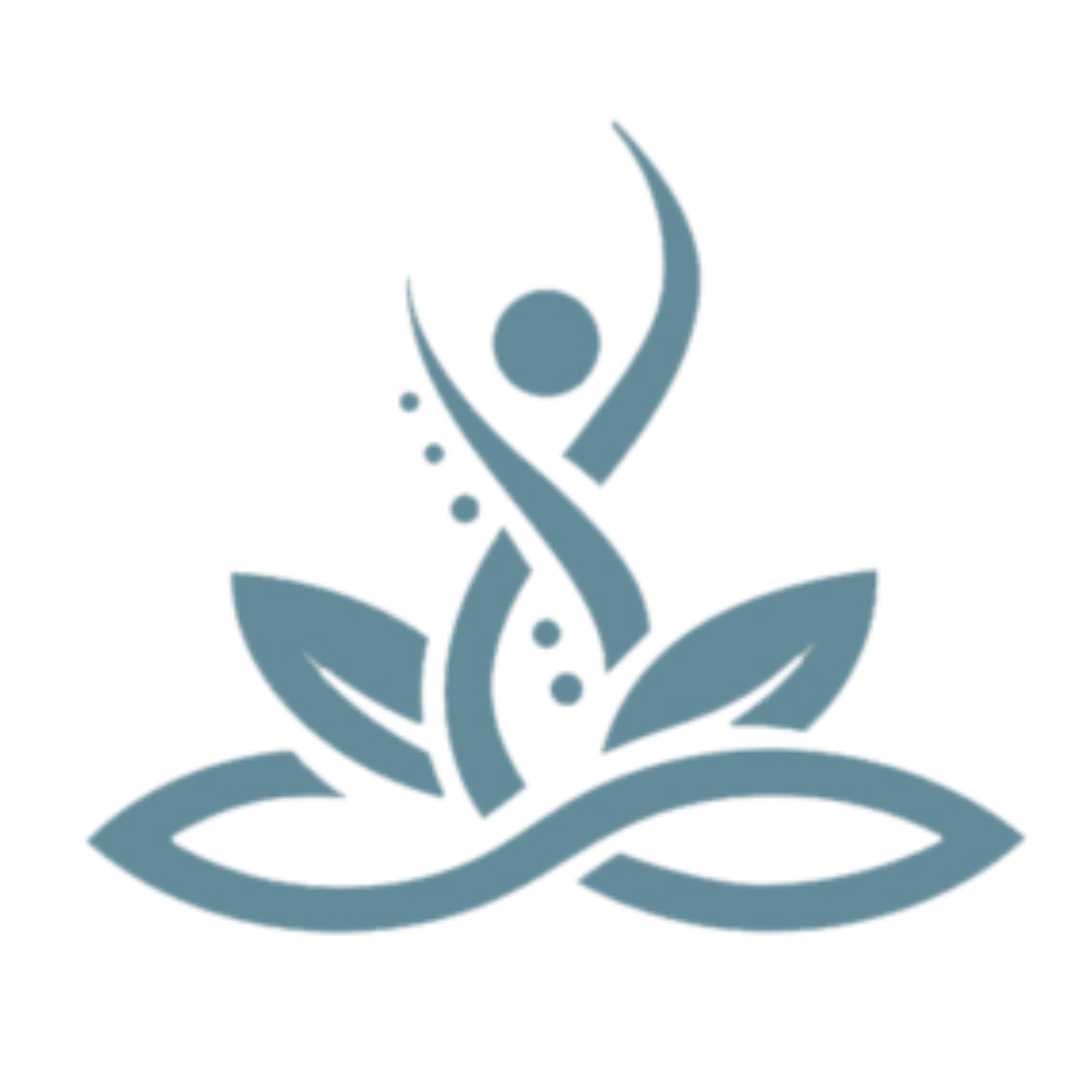
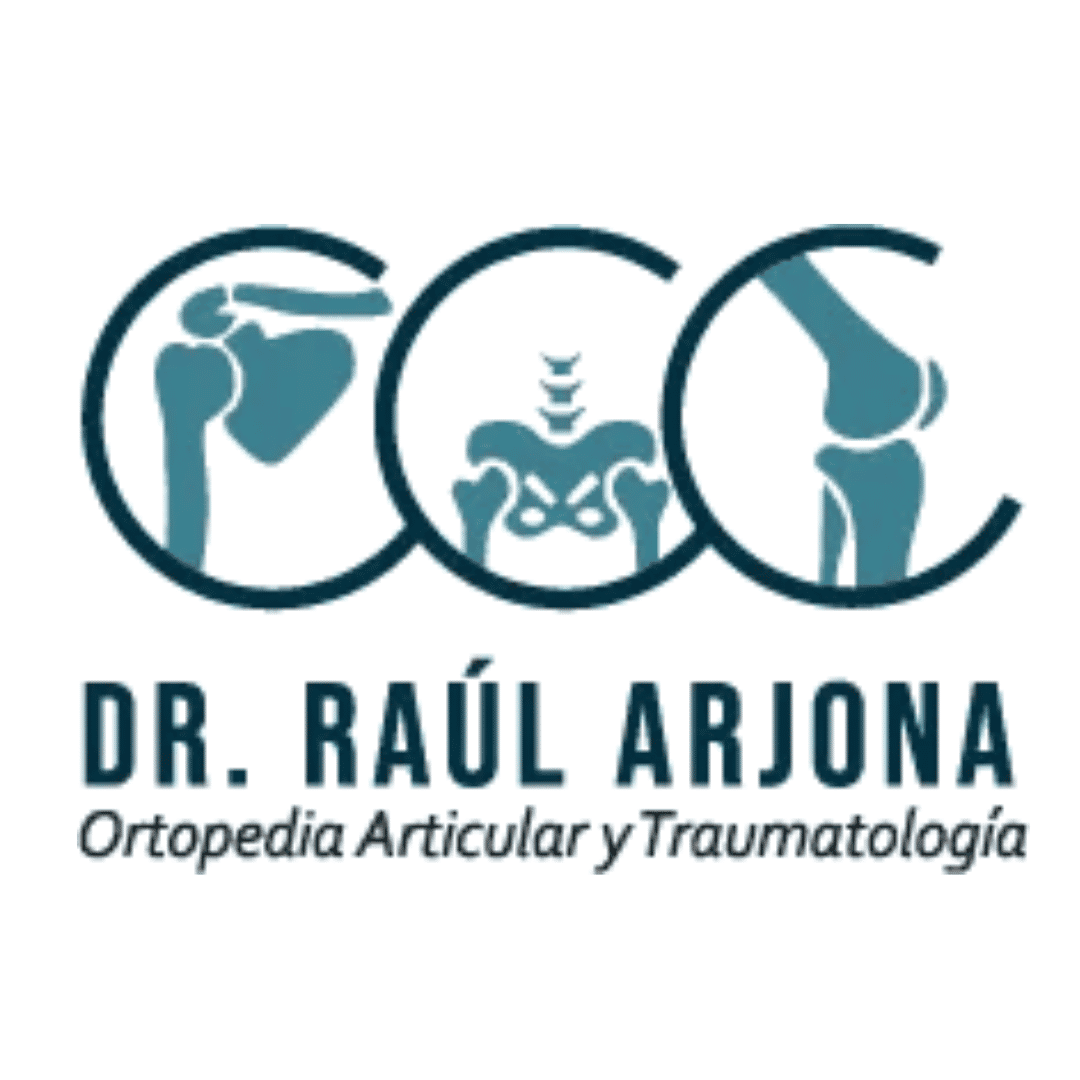
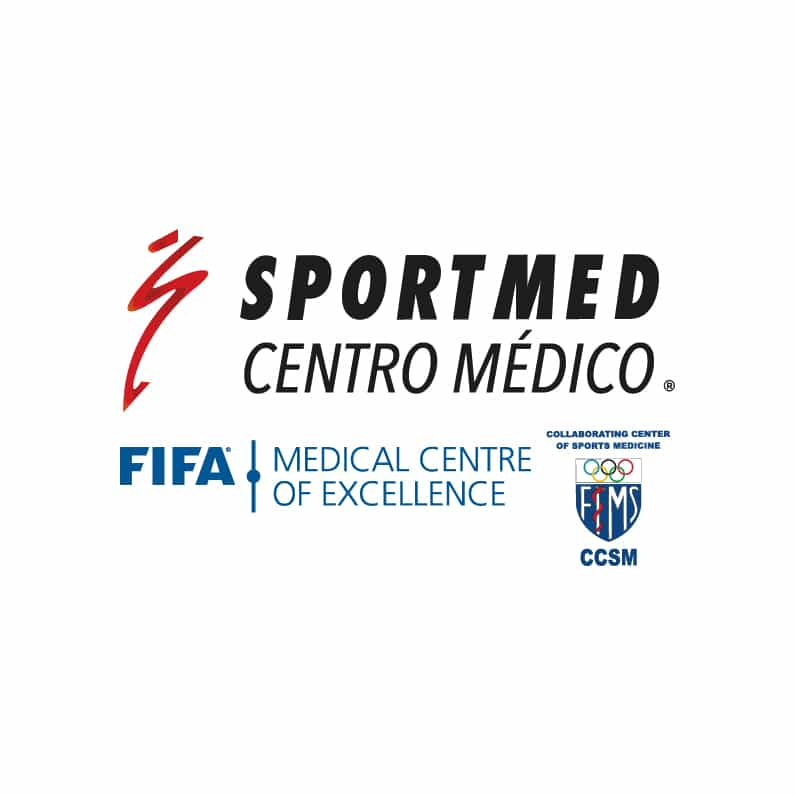


Share this listing